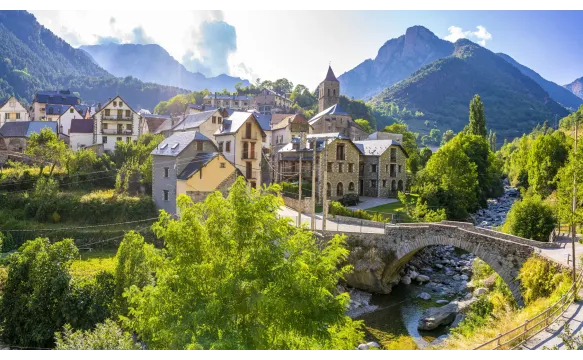The green transition isn’t just measured in gigawatts of renewable energy or hectares of organic farming. It is also measured in shared stories, in communities that decide to organise themselves differently in order to make progress towards a fairer and more sustainable future. And in Spain, these stories have a recurring leading actor: cooperatives.
In Girona, a group of people fed up with relying on the oligopoly of electrical utilities founded Som Energia more than a decade ago. What started out as an experiment now has tens of thousands of members who produce and consume 100% renewable electricity. It is not just electricity that turns on light bulbs: it’s a model that hands power back to citizens.
In the Basque Country, Goiener is following a similar path, proving that energy sovereignty can be regained at the local level. There, every kilowatt carries a story of cooperation. And further south, in Valladolid, the Energética cooperative is an example of how the energy transition can be built starting at the neighbourhood level, with community projects in which the electricity generated on a neighbour's roof is consumed on that same street.
Even cooperatives with a long track record, such as Eléctrica de Alginet in Valencia, have been able to reinvent themselves. From managing local distribution, they have become leaders in innovation, acquiring intelligent technologies to improve efficiency. Transition, in their case, builds on the experience of generations, but with an eye on the future.
The countryside as a bastion of sustainability
History is also written in the countryside. In Almeria, the Murgiverde cooperative has managed to make almost half of its greenhouses organic, implementing biological pest control and planting kilometres of hedgerows to restore biodiversity in this intensive agriculture landscape. Its farmers don’t just produce food, they also regenerate the land.
In the Valley of Guadalhorce (Malaga), smallholders have banded together to form Guadalhorce Ecológico, an organic agriculture cooperative, to bring growers and consumers closer together. Local markets, seasonal products, fair prices and a clear motto: dignity in agriculture and groceries. A reminder that the green transition also involves shopping responsibly.
In Madrid, La Garbancita Ecológica (“The Tiny Organic Chickpea” in Spanish) is committed to responsible and self-managed consumption. It’s not only about the distribution of boxes with organic produce, but also about transforming the culture of food, including school dinners and workplace cafeterias. This turns the green transition into a matter for education and street-level advocacy.
Waste that becomes an opportunity
The other side of production and consumption is the management of remnants. In Andalusia, Reciclatex has proven that textile waste management can be much more than a technical matter. Its model protects the environment and, at the same time, provides proper jobs for people with disabilities.
Koopera, present across several Spanish regions, multiplies this effect with its second-hand shops and sorting plants. Each item of clothing that is recovered avoids a bit of waste, and it also creates jobs for particularly vulnerable groups.
The circular economy becomes even stronger when it develops into a network: the Ecosol cluster connects waste management cooperatives, recycling research and environmental organisations. The goal is not to compete, but to join forces in order to achieve a greater impact.
Green transition cooperatives aren’t just inspiring examples: they are living proof that systemic change is possible. From the electricity that reaches our homes to the food we serve on our tables or the waste that is transformed into new resources, co-operatives prove that a different path is possible. And that sharing that path isn’t just fairer, it’s also more effective.


